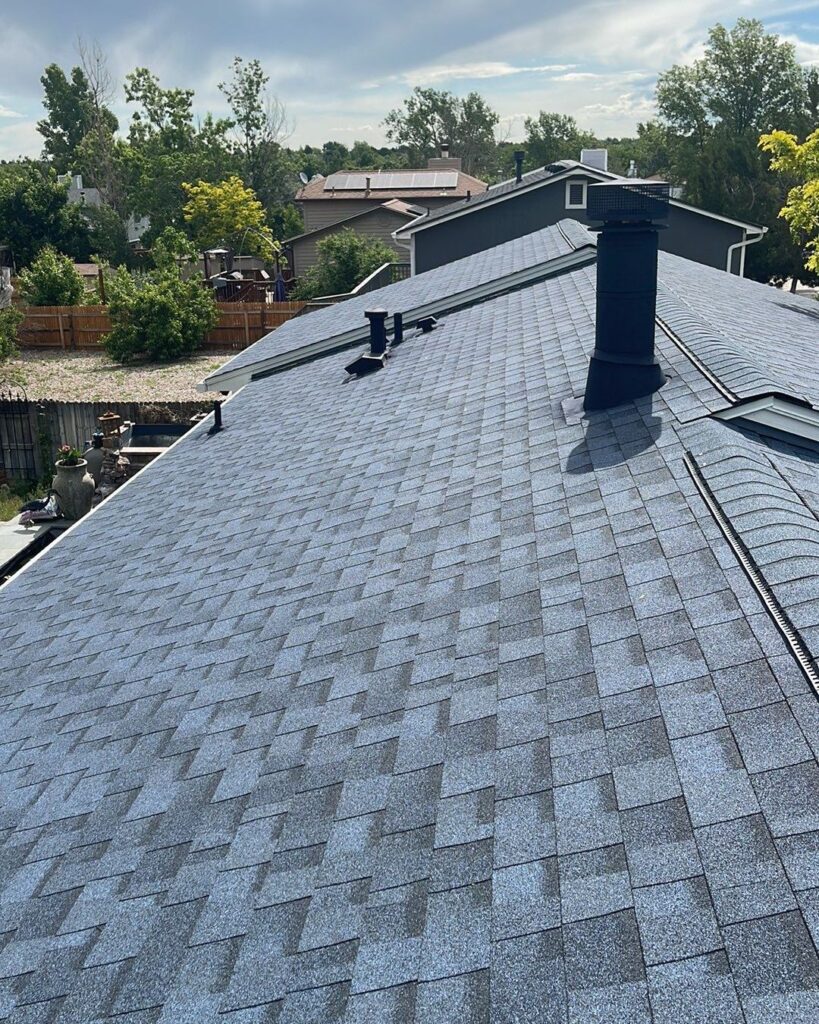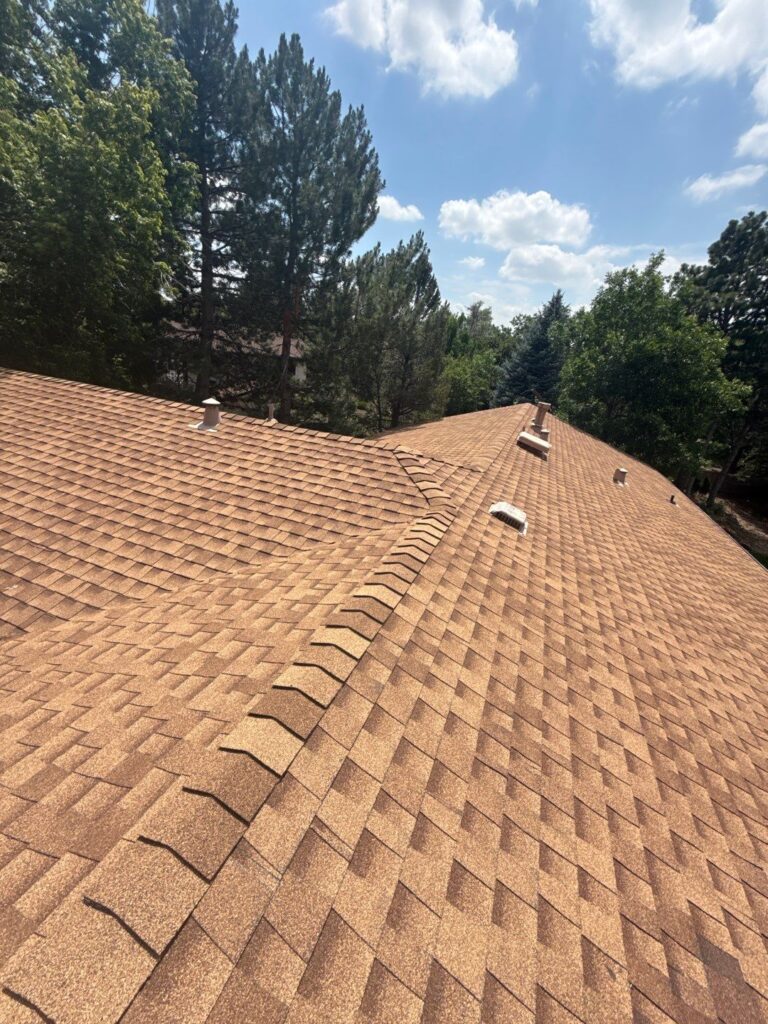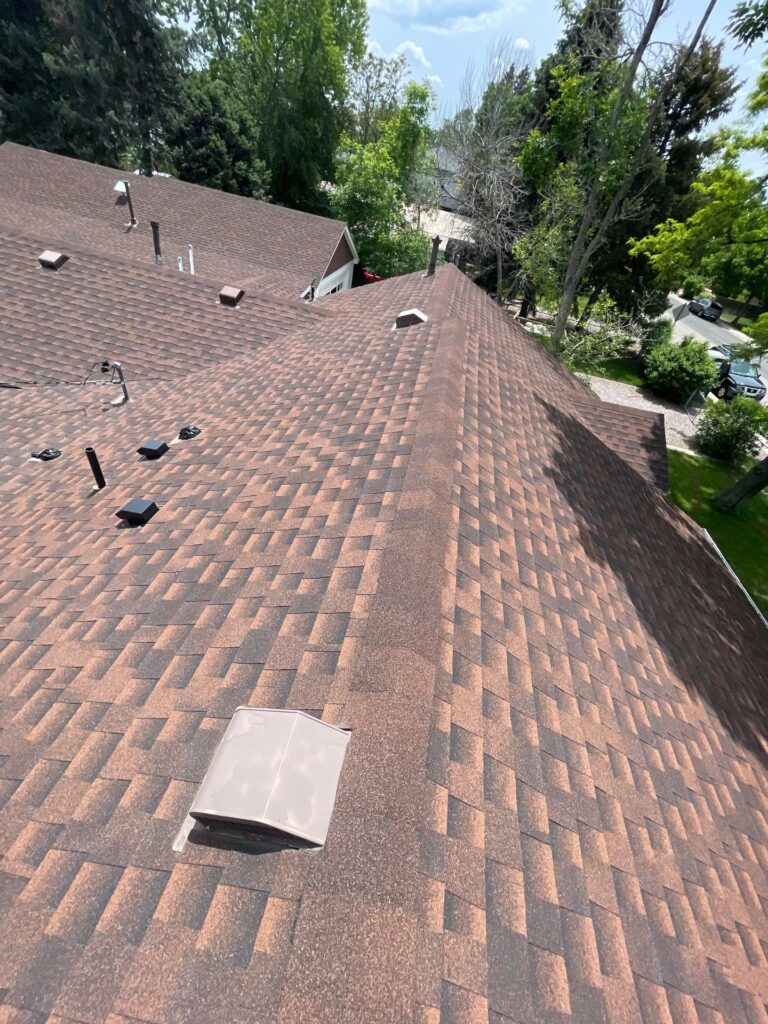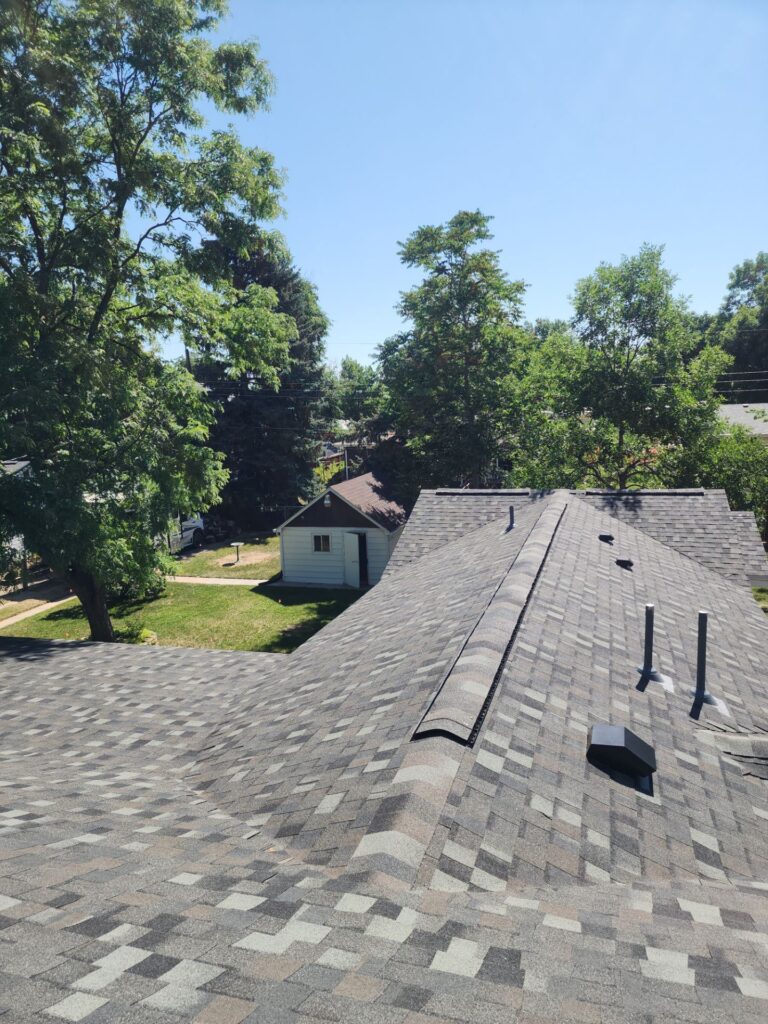Snow Load Limits: How Much Weight Can a Roof Withstand in Colorado Winters?

Understanding Snow Load Capacity on Denver Roofs
In Denver, Colorado, where winter brings frequent snowstorms and icy conditions, knowing your roof’s snow load capacity is not optional—it’s essential. The snow weight your roof can handle depends on multiple variables including elevation, roofing materials, pitch, and structure design. On average, Colorado roofs are expected to support at least 20 pounds per square foot (PSF), but in some mountainous regions, snow loads can reach up to 135 PSF.
What Determines Your Roof’s Snow Load Rating?
Elevation and Location
Different parts of Colorado experience vastly different snowfall rates. For example:
- Clear Creek County roofs below 6,750 ft need to hold 35 PSF.
- Homes above 7,001 ft require 45 PSF.
- In areas like Aspen, roofs may need to withstand 70 PSF or more.
Denver typically falls in the 25-30 PSF range, though exact figures depend on city building codes and roofing standards.
Roof Type and Pitch
Pitched roofs offer natural snow shedding advantages, allowing snow to slide off before accumulating too heavily. Flat roofs, on the other hand, retain snow for longer durations, demanding greater structural support.
| Roof Pitch | Snow Shedding Efficiency |
| Flat (0:12) | Low |
| Moderate (4:12) | Medium |
| Steep (8:12+) | High |
A steep pitch reduces load risk but does not eliminate it. The angle matters significantly in determining how much snow accumulates.
How to Calculate Snow Load on Your Roof
Understanding snow weight isn’t guesswork—it involves precise measurement and calculation.
1. Measure Roof Pitch
Calculate the pitch using the formula:
Pitch (%) = (Rise ÷ Run) × 100
A roof with a rise of 6 ft and a run of 12 ft has a 6:12 pitch—ideal for snow runoff.
2. Assess Snow Depth
Use a tape measure to record snow depth in multiple spots. Calculate the average and convert it to feet.
3. Determine Snow Density
Gather one cubic foot of snow from your roof. Weigh it. For instance:
- Light snow: ~5 lbs/cu ft
- Packed snow: ~20 lbs/cu ft
- Ice: ~57 lbs/cu ft
4. Final Load Calculation
Use the formula:
Snow Load (PSF) = Average Depth (ft) × Snow Density (lbs/cu ft)
Example:
- 1.5 ft of snow × 20 lbs/cu ft = 30 PSF
- If your roof is rated for 25 PSF, immediate snow removal is advised.
Signs Your Roof is Overloaded
Ignoring snow buildup can lead to structural failures. Key warning signs include:
- Creaking or popping sounds
- Sagging ceilings or beams
- New leaks or water stains
- Cracks in drywall or masonry
Addressing these early can prevent catastrophic roof failure.
When to Remove Snow from Your Roof
Snow should be removed if:
- Load exceeds 25 PSF on older homes
- Ice dams begin forming at the edges
- Snow depth reaches 18 inches of wet or compact snow
Use a roof rake for safe removal. Never use sharp tools or attempt removal during storms.
Structural Enhancements for Denver Roofs
Upgrading your roof to meet or exceed snow load codes can prevent long-term issues. Options include:
- Sistering joists for added support
- Adding trusses for load redistribution
- Installing heated cables to reduce ice dam formation
- Replacing outdated roofing materials with lightweight, snow-shedding materials like metal
Importance of Professional Assessment
A qualified roofing company in Denver can assess snow load capacity and recommend upgrades or snow mitigation systems. Tried and True Roofing in Denver, Colorado, provides expert inspection services tailored to local climate demands.
Recommended Snow Load Capacities by Area
| Area | Recommended Snow Load (PSF) |
| Denver Metro | 25–30 |
| Boulder | 30–35 |
| Vail | 80–100 |
| Aspen | 100–135 |
| Breckenridge | 90–120 |
Check with your local building department or city code office for official load requirements.
Roofing Materials That Handle Snow Better
Some materials offer better snow resistance:
- Metal Roofing – Excellent shedding and durability
- Architectural Shingles – Moderate snow resistance
- Clay/Concrete Tiles – Heavy; may require stronger framing
- Wood Shakes – Poor in high-snow zones
Choose materials rated for snow load zones when working with roofing contractors in Denver.
Common Misconceptions About Snow Loads
- My roof has never collapsed, so it’s safe.
→ Snowfall patterns change. Past performance isn’t a guarantee. - Snow melts quickly in Denver.
→ Snow compacts into heavier ice and may not fully melt between storms. - Flat roofs are fine if they don’t leak.
→ Load stress is cumulative. Non-leaking doesn’t mean structurally sound.
CONCLUSION
Colorado’s winter extremes demand roofs that can handle heavy snow accumulation safely. Calculating snow load involves pitch, depth, and snow density, with action required when thresholds are surpassed. For residents and businesses in Denver, understanding your roof’s structural limits is essential for both safety and property longevity. Consulting with experienced roofing companies in Denver is the best way to ensure you’re protected before the next major snowstorm.
Snow Load Limits: How Much Weight Can a Roof Withstand in Colorado Winters? Read More »






